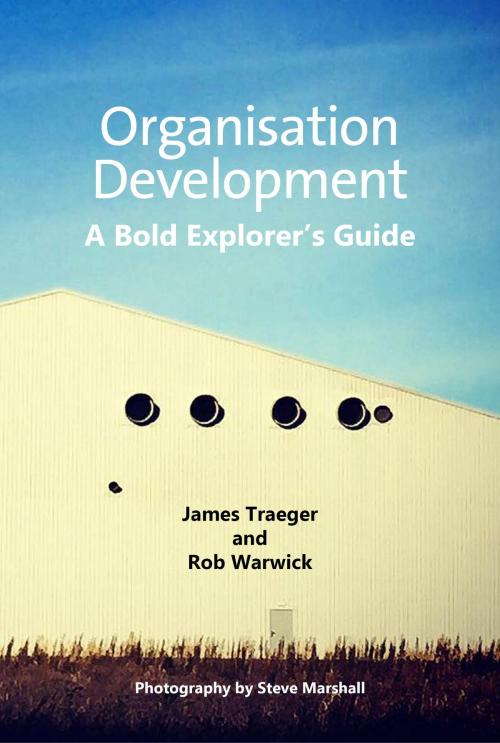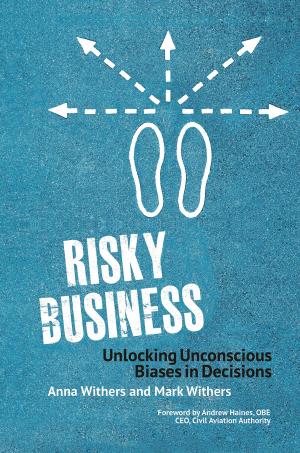Organisation Development
A Bold Explorer's Guide
Business & Finance, Human Resources & Personnel Management, Organizational Behavior| Author: | James Traeger, Rob Warwick | ISBN: | 9781911450290 |
| Publisher: | Libri Publishing | Publication: | May 21, 2018 |
| Imprint: | Libri Publishing | Language: | English |
| Author: | James Traeger, Rob Warwick |
| ISBN: | 9781911450290 |
| Publisher: | Libri Publishing |
| Publication: | May 21, 2018 |
| Imprint: | Libri Publishing |
| Language: | English |
The authors of Organisation Development put the art of everyday interaction at the center of organization development, explored through narratives and fiction. They give confidence to those who are tired of frameworks and tools that do not relate to their daily practice and ask: "is it just me, or...?" Important clues for practice and theory can be found in exploring everyday interactions. It is in the detail, for example the corridor conversation with a senior director, that things can be said that affect the lives of many. Organization development never stops or starts. It is a continuing series of interactions in which we have choices. These choices are creative and artful as well as practical and ethical, and the authors show how any of us might weigh these complex balances and move forward. There is a noticeable current of 'process philosophy' running through the book that pays attention to the nature of connection, flow and how our understanding comes to develop over time. The authors therefore challenge the received building blocks of organization development. They put the curious, reflexive individual at the heart of their own development. This book is written for those who are keen to develop their practice from the ground up and who are looking for inspiration to take their own experience seriously.
The authors of Organisation Development put the art of everyday interaction at the center of organization development, explored through narratives and fiction. They give confidence to those who are tired of frameworks and tools that do not relate to their daily practice and ask: "is it just me, or...?" Important clues for practice and theory can be found in exploring everyday interactions. It is in the detail, for example the corridor conversation with a senior director, that things can be said that affect the lives of many. Organization development never stops or starts. It is a continuing series of interactions in which we have choices. These choices are creative and artful as well as practical and ethical, and the authors show how any of us might weigh these complex balances and move forward. There is a noticeable current of 'process philosophy' running through the book that pays attention to the nature of connection, flow and how our understanding comes to develop over time. The authors therefore challenge the received building blocks of organization development. They put the curious, reflexive individual at the heart of their own development. This book is written for those who are keen to develop their practice from the ground up and who are looking for inspiration to take their own experience seriously.















